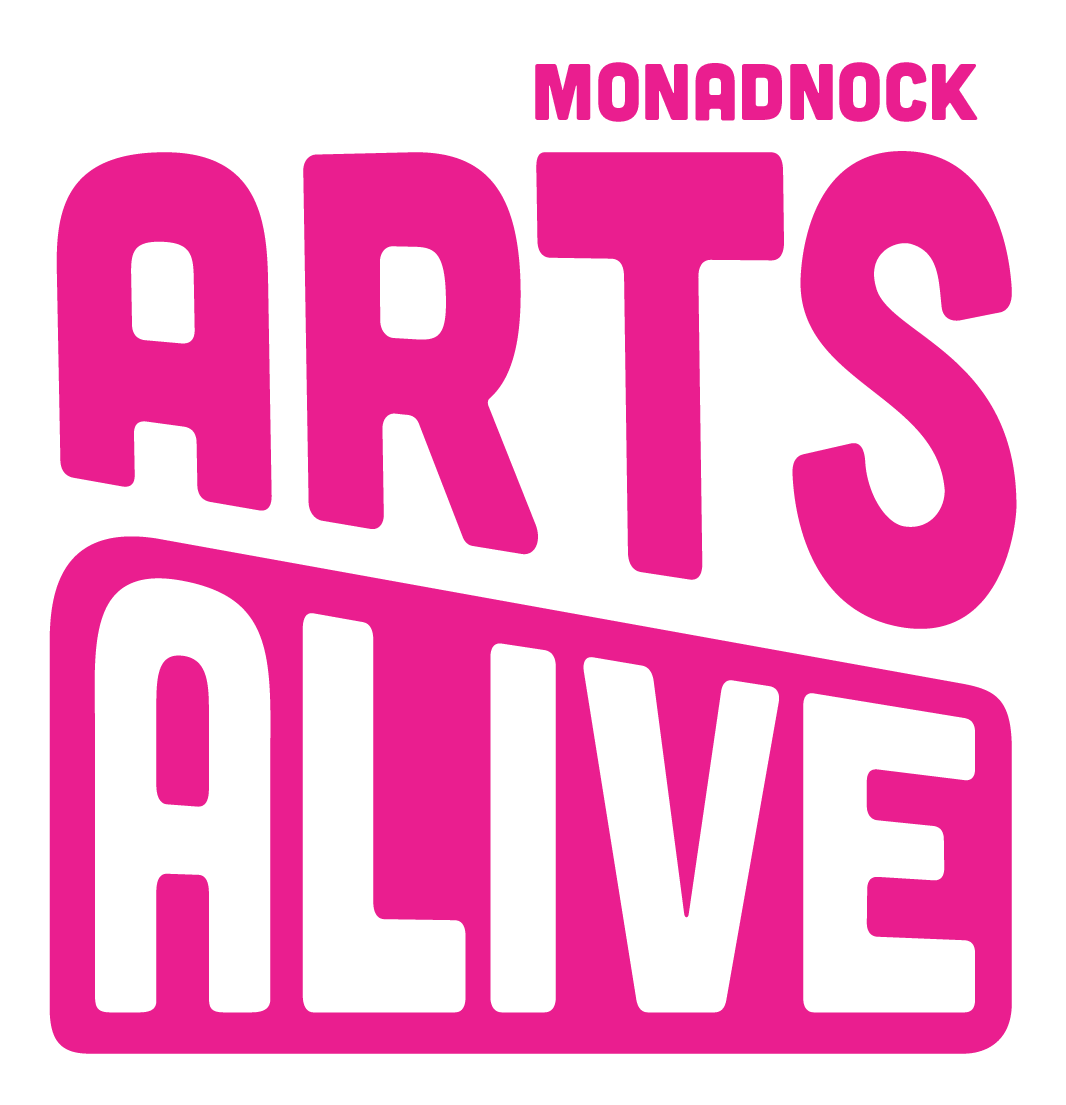Posting or sharing your work on social media seems like a great marketing avenue for many artists. However, many social media sites have "terms of service," or a contract, that you agree to when you sign up to use the site. That contract can often include things like allowing the site to use your images for free and for whatever purpose they like. Yikes!
So, how do you protect yourself and your work?
1. Know what sites are artist-friendly
There are so many sites out there! The most popular sites to use include Flickr, Instagram, Facebook, and Twitter. They all have different policies about use and copyright. Check out this quick comparison guide: Terms of Service Cheat Sheet This site offers great comparisons between Facebook, Instagram, Twitter, and Flickr.
2. Know what you've agreed to in the Terms of Service
Sometimes it can be difficult to wade through the language in the Terms of Service agreement. Look for keywords like Copyright and License. Make sure you are the owner of your content, and that you know how the site will be using your work. This post on Understanding Social Media Terms of Service is a fantastic article on key words to look out for.
It also makes a fantastic recommendation at the end of the article:
Should you use social media websites to promote your work as an artist or creative business?
This can be a very cost-effective way of promoting your work but you need to be aware of the risks when doing so. Visual artists such as photographers and illustrators, whose work is two-dimensional, are particularly vulnerable as this type of work can be copied and used by others without great difficulty.
Additionally, your account can be deleted any time at the discretion of the service provider if somebody claims that you violate third party rights or breach the terms of service in any other way.
We recommend therefore that you shouldn’t use social media websites to store all your work or post all your newest work. If you use them you should only post what’s necessary to promote your style and range of work to direct people to your website, where you are in control of your terms and conditions. Be aware that the commercial value of your work may be reduced once you have posted it on social networks, because it can be used by others for free. It might be better to create content especially for the purpose of self-promotion.
3. Limit what you post
Like is recommended above, be selective on what you share and what you display on your website. Don't store all your images on social media. Don't store them all on your website, either. Art with limited exposure has the chance to have a higher value, since there has been less of an opportunity for it to be copied or used elsewhere!
4. Keep vigilant
There are some tools out there to help you keep track of your work, your images, and more. TinEye allows you to upload an image and see if anyone else is using it without your permission.
If you find that someone is using your work without permission, send them a letter asking them to pay you a licensing fee, take it down, or (if you're feeling generous) credit you and link back to your website.
Disclaimer: This article is offered as a general guide to the issues surrounding copyright in Social Media. It does not represent an exhaustive account. It is not intended to offer legal advice and should not be relied upon as such. We strongly recommend you seek specialist advice for any specific circumstances.
